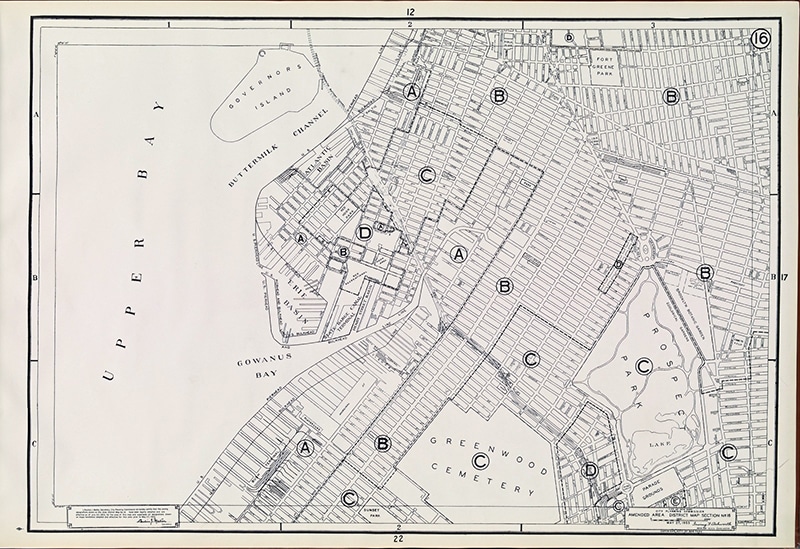Accessory dwelling units
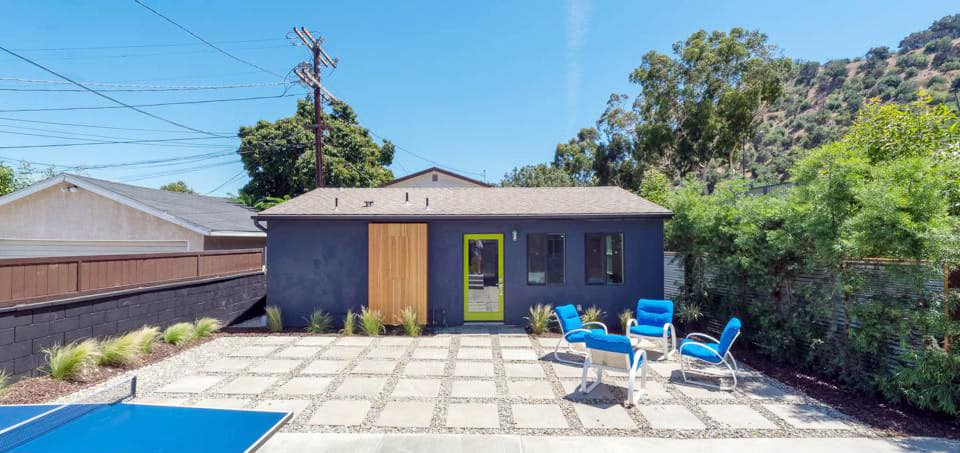
Activation of housing finance agency reserves

Appraisal gap financing

Asset building programs

Assistance for home safety modifications

Below-market financing of affordable housing development

Brownfields

Changes to increase the predictability of the regulatory process

Code enforcement

Community land trusts

Creating and managing vacant property inventories

Dedicated revenue sources

Deed-restricted homeownership

Demolition of neglected properties

Discounted sales of city-owned property
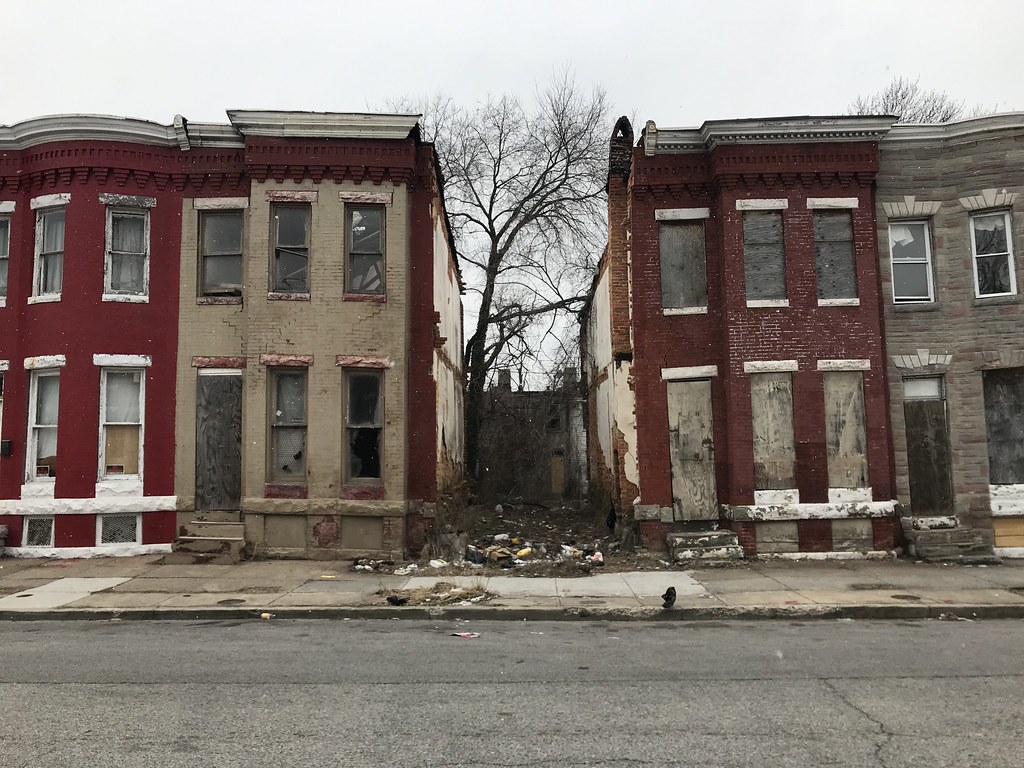
Down payment and closing cost assistance

Employer-assisted housing programs

Energy-efficiency retrofits

Energy-efficiency standards

Enforcement of fair housing laws
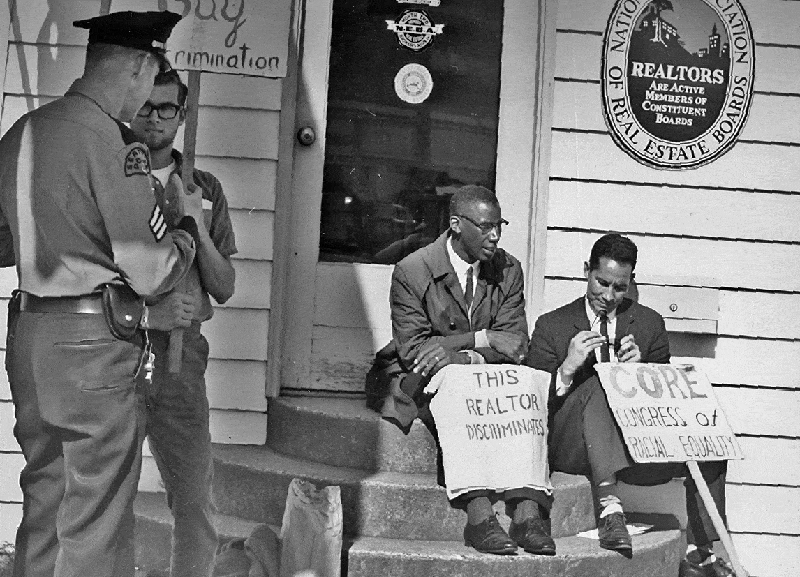
Eviction prevention programs

Expanded access to capital for owners of unsubsidized affordable rental properties

Expedited permitting for qualifying projects
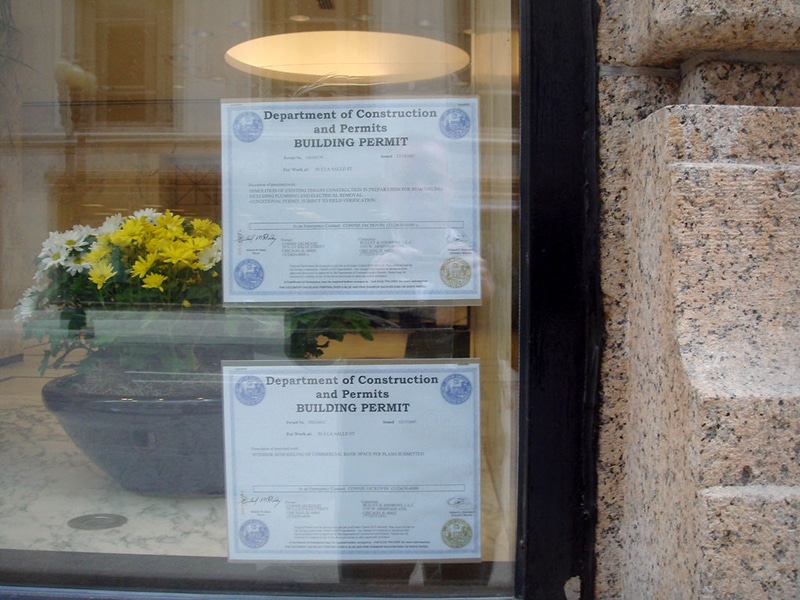
Fair housing education for real estate professionals and consumers

Floodplain buyouts

Foreclosure and disposition of tax-delinquent properties
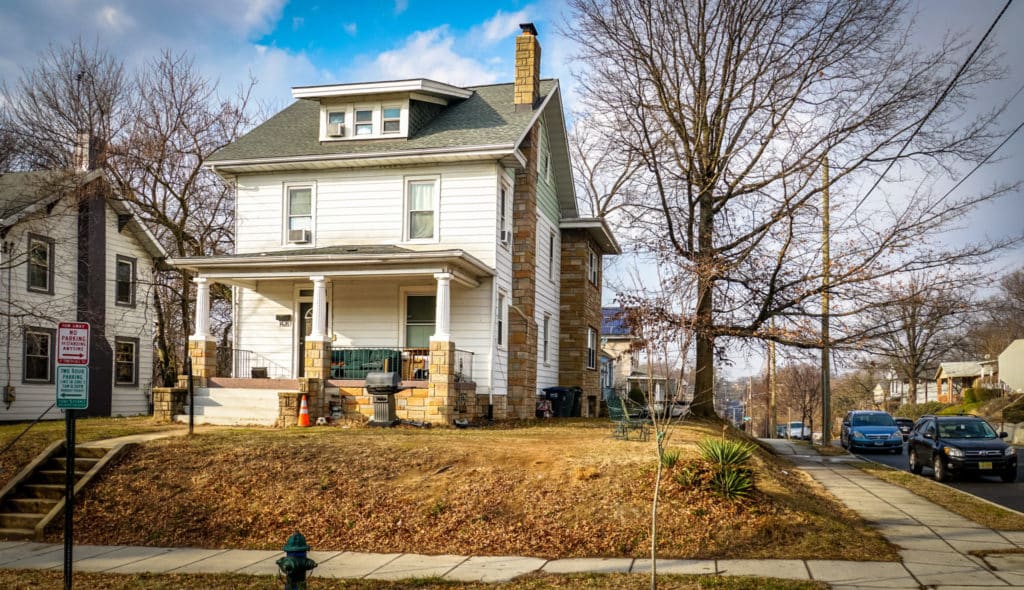
Foreclosure prevention programs

General obligation bonds for affordable housing
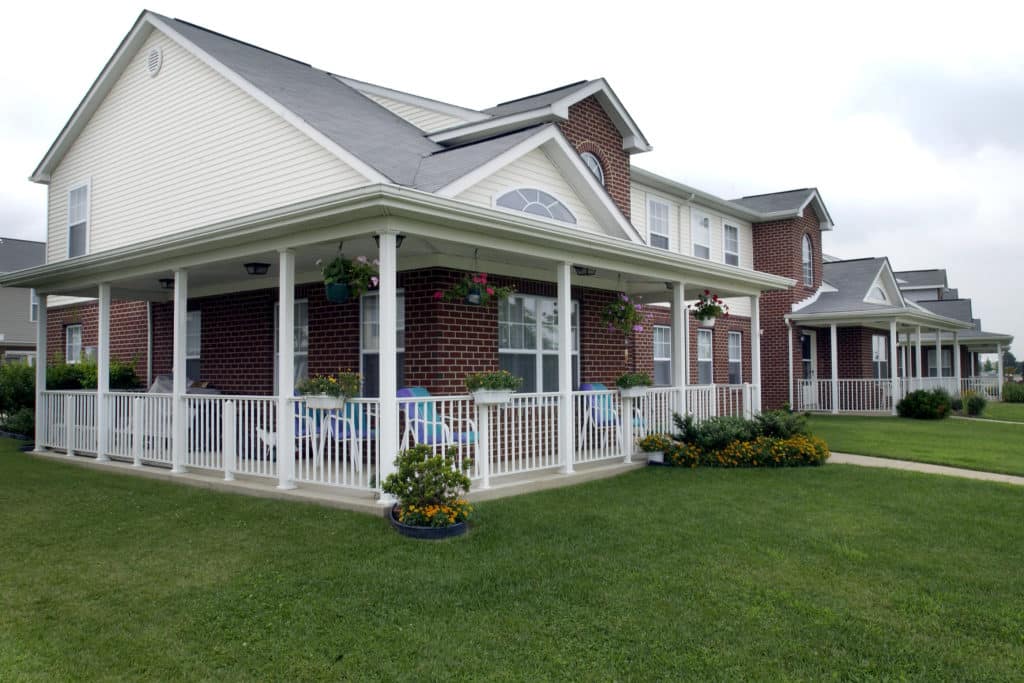
Guidance for small, market affordable rental properties

Home repair and homeowner rehabilitation assistance programs
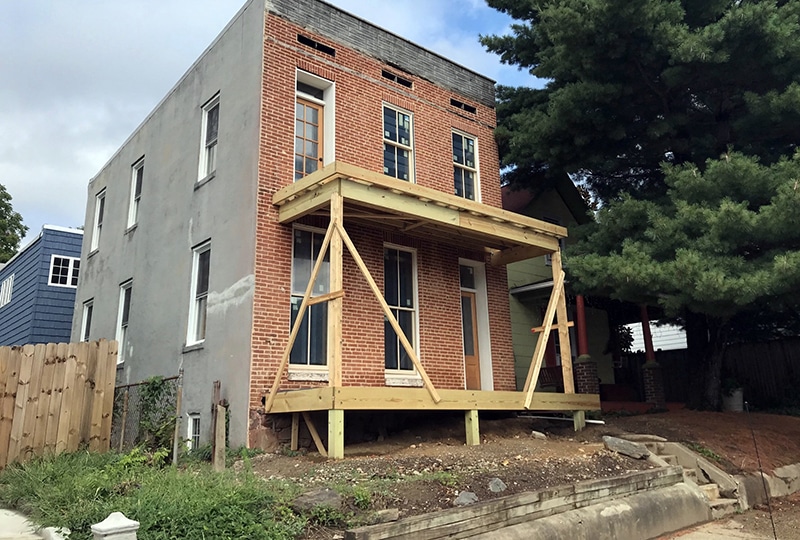
HOME tenant-based rental assistance

Housing and building codes

Housing choice vouchers
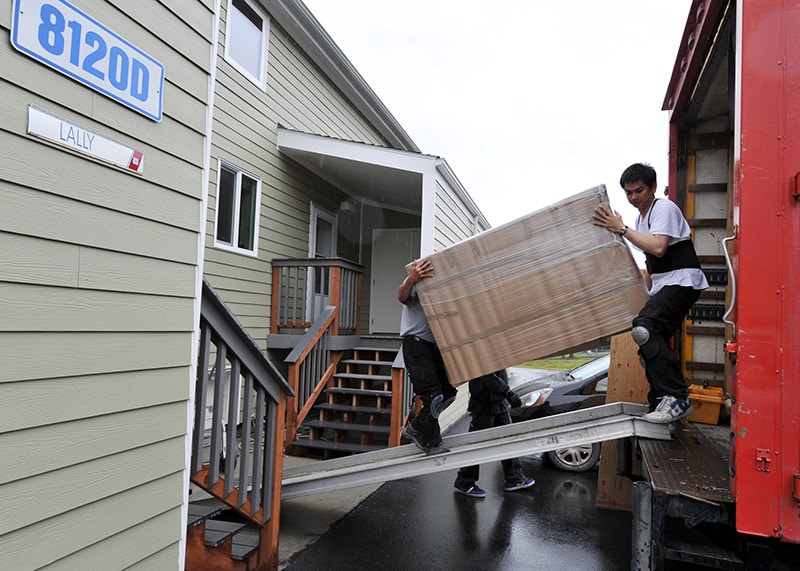
Housing education and counseling

Housing rehabilitation codes

Housing trust funds

Increased use of multifamily private activity bonds to draw down 4 percent Low Income Housing Tax Credits

Insurance against property value decline

Joint development on land owned by transit and other agencies
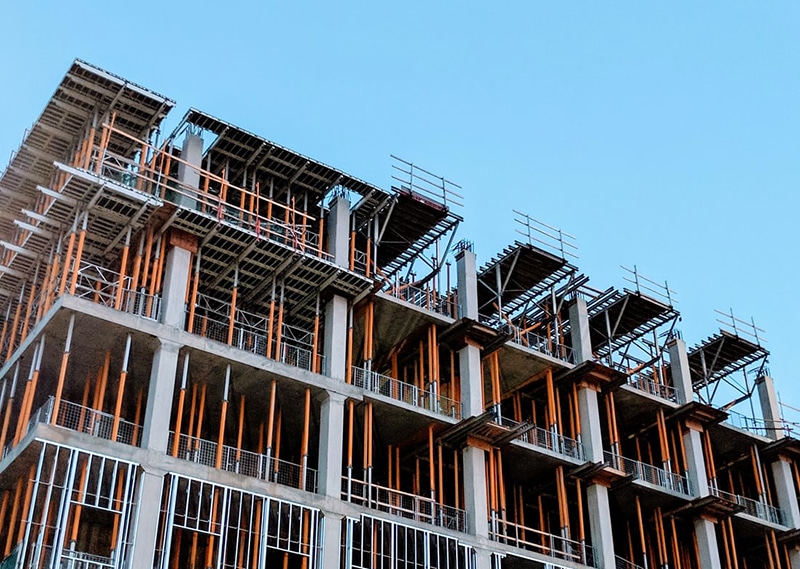
Just cause eviction policies

Land banks

Land value taxation

Lead abatement

Legal assistance for at-risk renters

Legal assistance for victims of discrimination

Limited equity cooperatives

Low-income housing tax credit

Manufactured housing and manufactured home communities
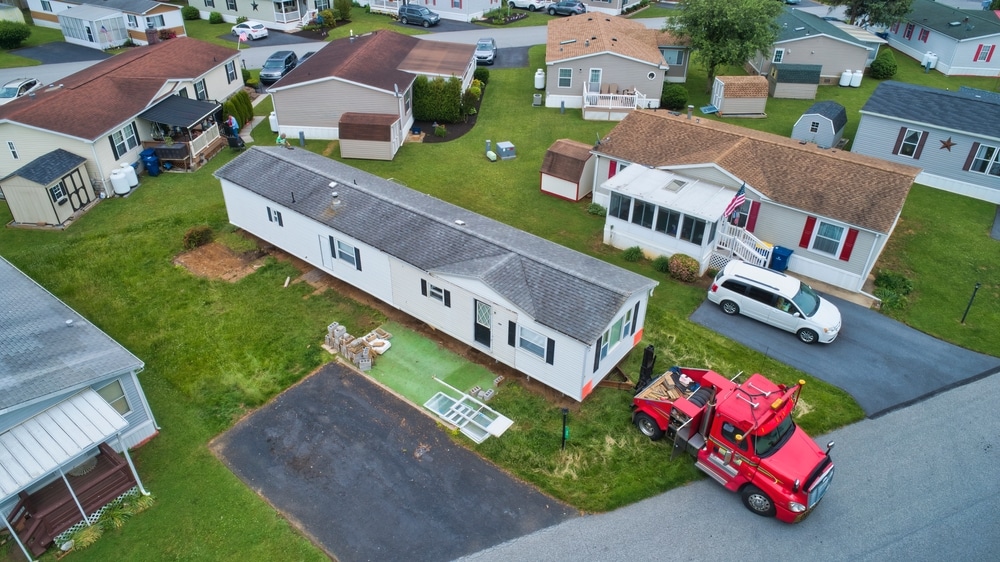
Mobility counseling for housing choice voucher holders

Opportunity Zones
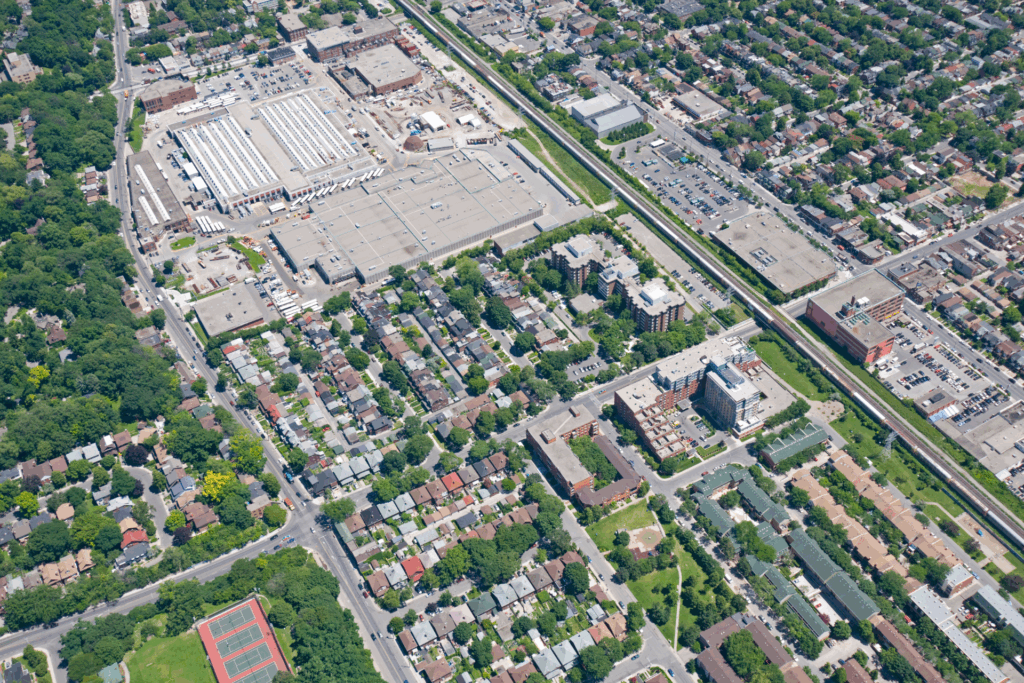
Project-basing of housing choice vouchers

Property acquisition funds

Property tax relief for income-qualified homeowners
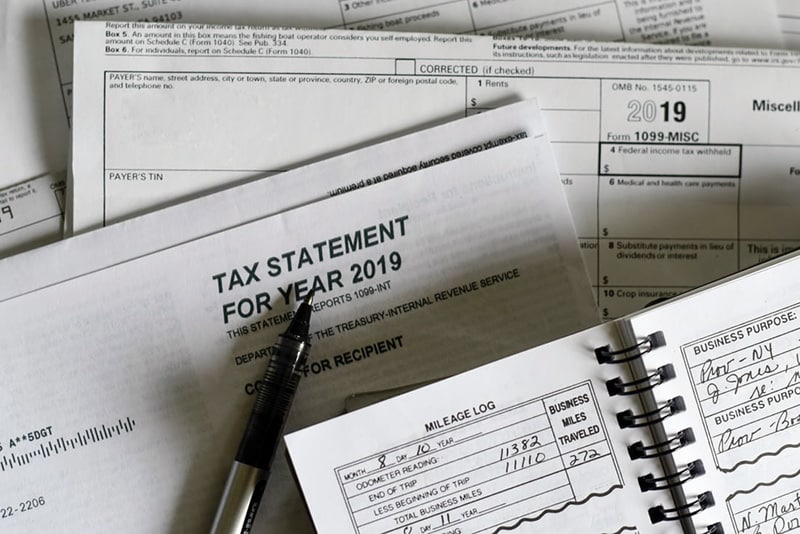
Reduced parking requirements

Reduced parking requirements for qualifying developments

Reductions in impact fees and exactions

Reforms to construction standards and building codes

Regional collaboration to support the development of affordable housing in resource-rich areas
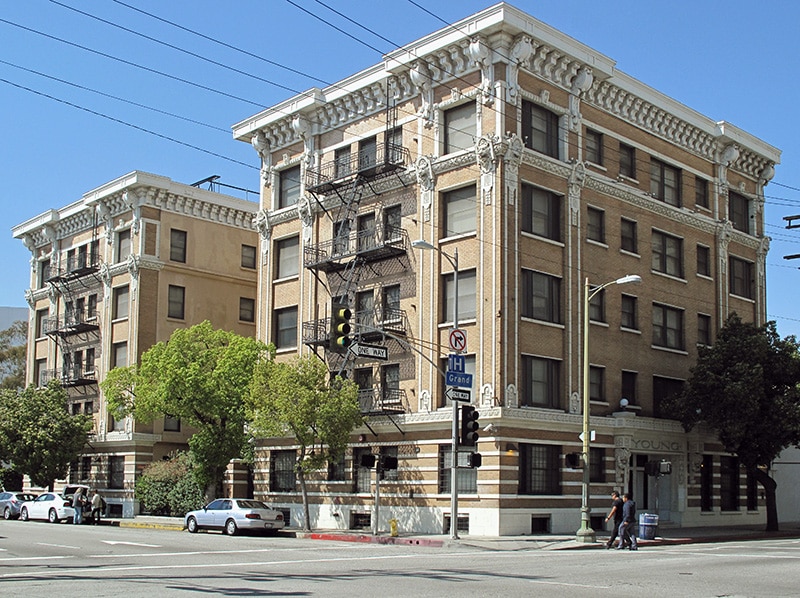
Rental registries

Residential development on faith-owned land

Security deposit and/or first and last month’s rent assistance

Small balance home mortgages

Source of income laws

Special Purpose Credit Programs

Stabilizing high-poverty neighborhoods through a mixed-income approach

State or local funded tenant-based rental assistance

State tax credits for affordable housing

Streamlined environmental review processes

Streamlined permitting processes

Subsidized home mortgages

Targeted efforts to expand the supply of rental housing and lower-cost housing types in resource-rich areas
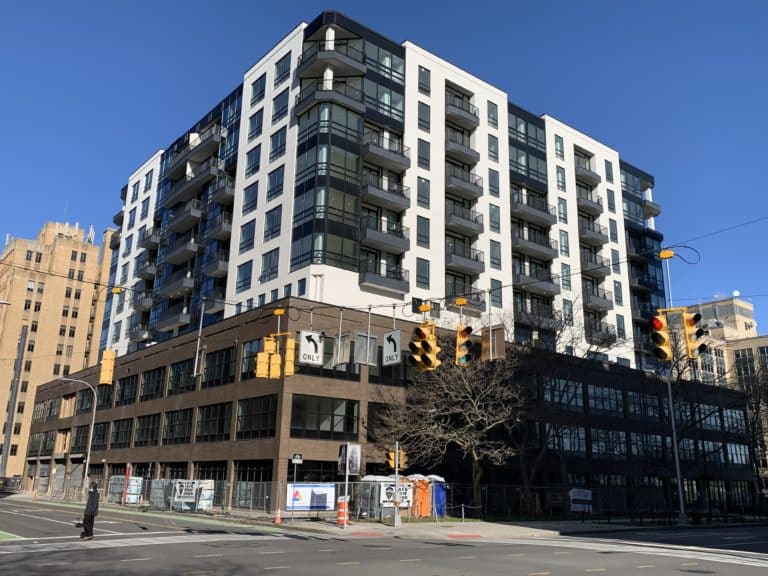
Tax abatements or exemptions

Tax incentives for new construction and substantial rehabilitation

Tax incentives for the maintenance and rehabilitation of unsubsidized affordable rental properties

Tax increment financing

The Rental Assistance Demonstration (RAD)
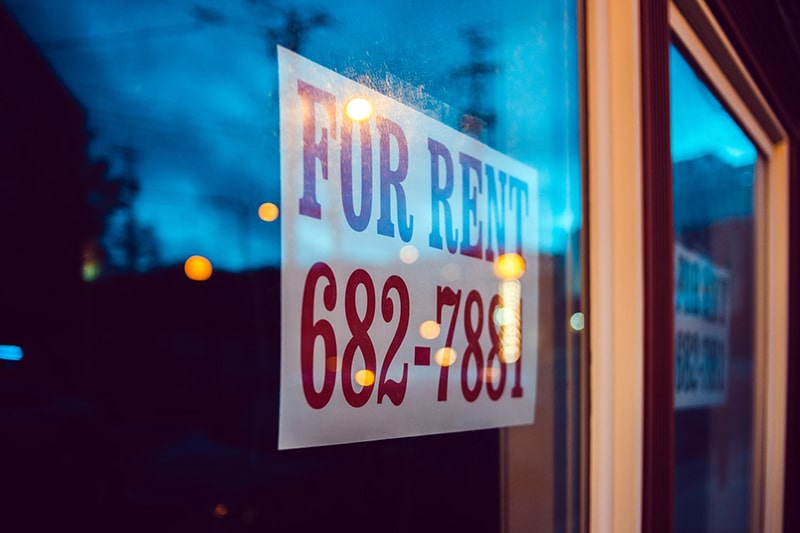
Use of publicly owned property for affordable housing

Weatherization assistance

Zoning changes to facilitate the use of lower-cost housing types
